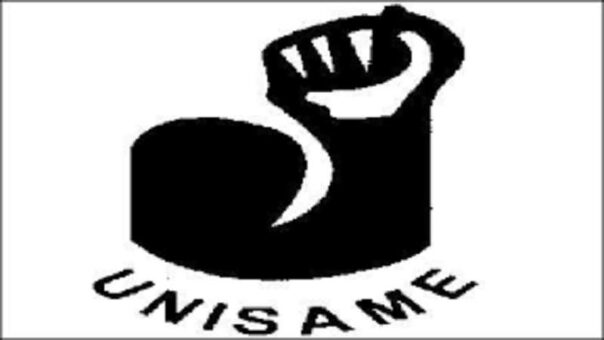Karachi, May 18, 2024 – The Union of Small and Medium Enterprises (UNISAME) has urgently called on the newly appointed CEO of the Small and Medium Enterprises Development Authority (SMEDA), Socrat Aman Rana, to address the critical issues facing the small industries sector.
UNISAME President Zulfikar Thaver highlighted the immediate needs of micro, small, and medium enterprises (MSMEs) during a press briefing. He underscored the sector’s expectations from SMEDA, emphasizing the necessity for comprehensive support in areas such as finance, energy, technical and marketing support, industrial estates, and the establishment of a conducive policy environment.
Thaver outlined several key challenges that MSMEs are grappling with, including inflation, high production costs, and unaffordable electricity and logistics. He stressed the importance of affordable financing, pointing out that the current high interest rates are rendering these businesses uncompetitive. Thaver urged Rana to advocate for more favorable lending conditions.
A major point of concern highlighted by UNISAME is the absence of PayPal operations in Pakistan. Thaver urged the new CEO to negotiate with the government to facilitate PayPal’s entry into the Pakistani market. He explained that the lack of a reliable payment gateway forces MSMEs to route remittances through intermediary countries, complicating transactions and increasing costs.
UNISAME also called for reduced electricity rates and greater support for renewable energy initiatives to help MSMEs manage operational costs. Additionally, they emphasized the need for technical support and the transfer of technology. Thaver suggested fostering collaborations, joint ventures, and public-private partnerships to promote industries capable of producing import substitution goods using local raw materials.
The Union highlighted the necessity of establishing SME industrial estates and providing land at concessional rates under a pay-as-you-earn scheme. Another critical area is the lack of marketing support; UNISAME proposed the creation of an SME Export Bureau to enhance the international presence of SME products.
Furthermore, UNISAME advocated for an export credit guarantee, collateral management companies, and the establishment of a fully functioning Exim Bank to boost exports, mirroring successful models from other countries. Thaver also stressed the importance of a business-friendly environment, recommending reforms in foreign exchange policies, taxation, tax holidays, and the import of raw materials and machinery for modernization and replacement.
Welcoming the new CEO, UNISAME expressed optimism about Rana’s potential to transform SMEDA into a proactive and dynamic organization. They offered their full cooperation and pledged to coordinate with various stakeholders and SME promotion organizations to expedite the sector’s growth. The Union conveyed confidence that Rana’s extensive experience would drive substantial improvements in SME development and support.
